16 Facts You Should Know About Hard-Boiled Eggs
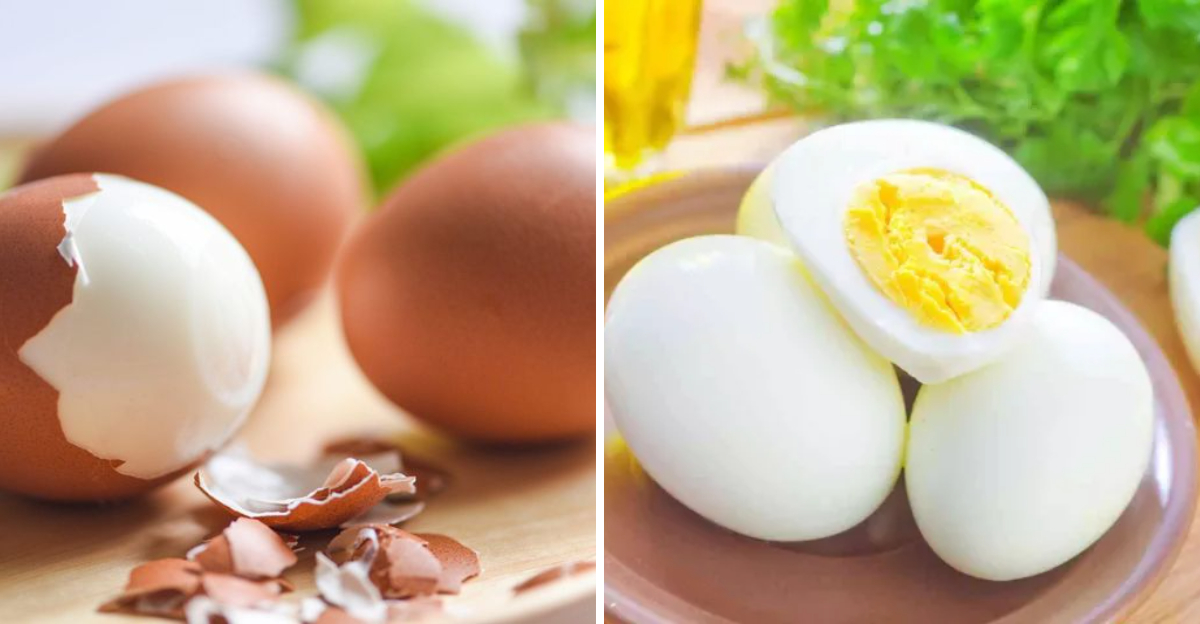
Here are 16 useful, surprising, and helpful facts you should know about hard-boiled eggs—whether you’re prepping for snacks, meal planning, or just curious about your go-to protein-packed food.
1. Complete Protein
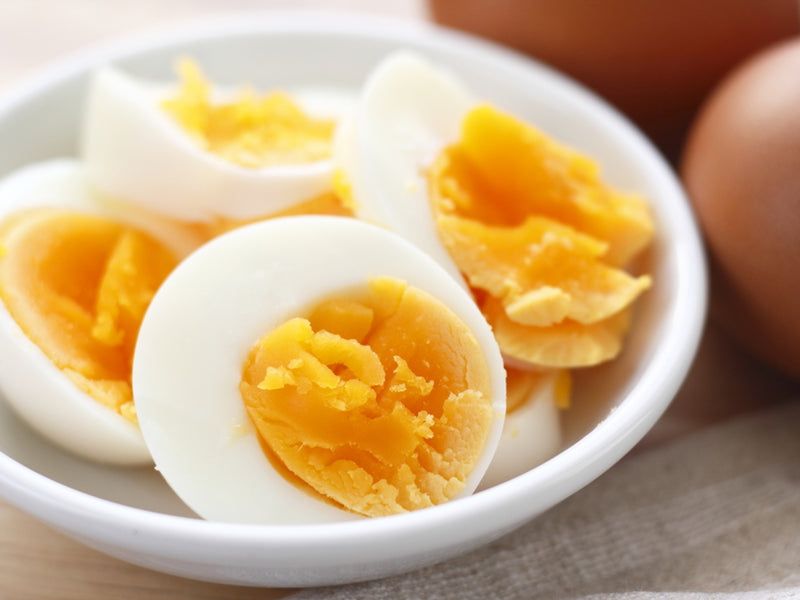
Ever wondered why hard-boiled eggs are hailed as a perfect protein source? These oval wonders pack all nine essential amino acids, qualifying them as a complete protein. This means they provide all the building blocks our bodies need but can’t produce on their own.
The dense, nourishing yolk and the smooth, firm white together make a balanced nutrient powerhouse. This delightful duo contributes to muscle growth, tissue repair, and enzyme production.
Next time you peel a hard-boiled egg, appreciate its role in supporting a healthy, active lifestyle. It’s like unwrapping a little package of health!
2. Yolk Color Variations
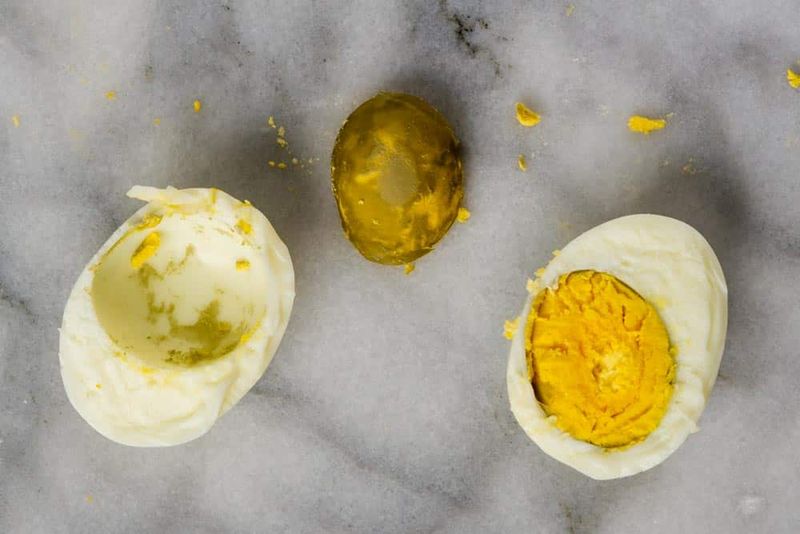
The yolk’s color is a fascinating aspect of hard-boiled eggs. Contrary to popular belief, the yolk’s hue doesn’t indicate nutritional value but rather the hen’s diet. Hens fed a diet rich in corn or alfalfa often produce eggs with deeper, richer yolks.
While the color may vary from pale yellow to vibrant orange, the nutrients remain consistent. This colorful surprise offers a glimpse into the hen’s lifestyle and farming practices.
So, when you crack open an egg, appreciate the yolk’s shade for its story, not as a nutritional marker.
3. Easy Peeling Tips
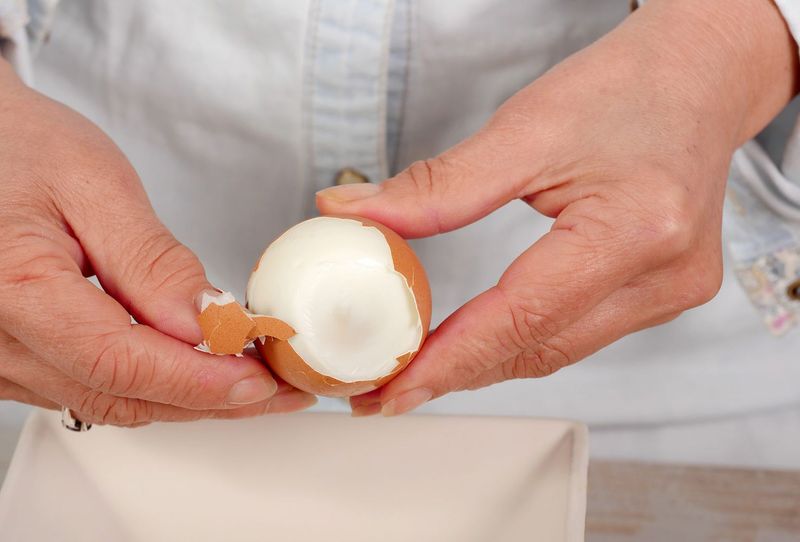
Why do some hard-boiled eggs peel so easily while others are a struggle? The secret often lies in the egg’s age. Older eggs, typically around a week old, are easier to peel due to changes in the egg’s pH level over time.
As the egg ages, the white contracts slightly, creating a small gap between the egg white and the shell, facilitating easier peeling.
For perfect peeling, consider buying eggs ahead of time and letting them sit in the fridge before boiling. This simple trick can save time and frustration!
4. Green Rings Around Yolks
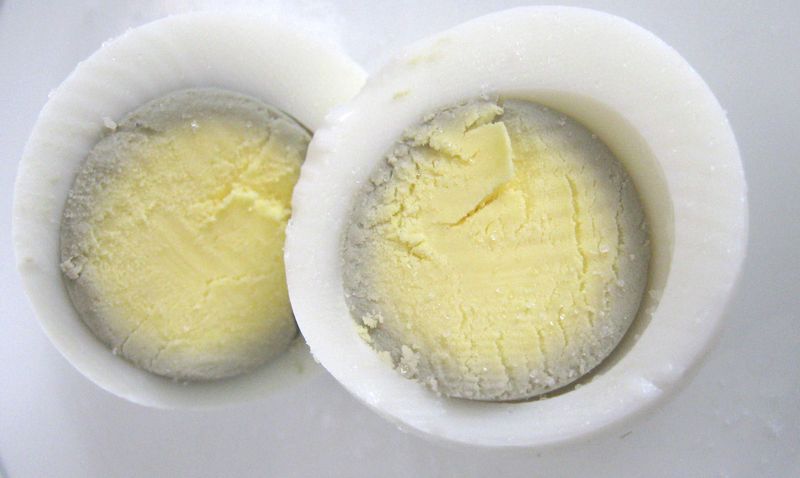
Ever noticed a green or grayish ring around a hard-boiled egg yolk? This harmless discoloration occurs when an egg is overcooked. It’s the result of a chemical reaction between the sulfur in the egg white and iron in the yolk.
While not visually appealing, the egg is still safe to eat. Avoiding this ring is simple: carefully monitor cooking time and cool the eggs promptly in an ice bath post-boiling to halt further cooking.
This knowledge turns a culinary mystery into a manageable kitchen tip!
5. Storage Life of Eggs
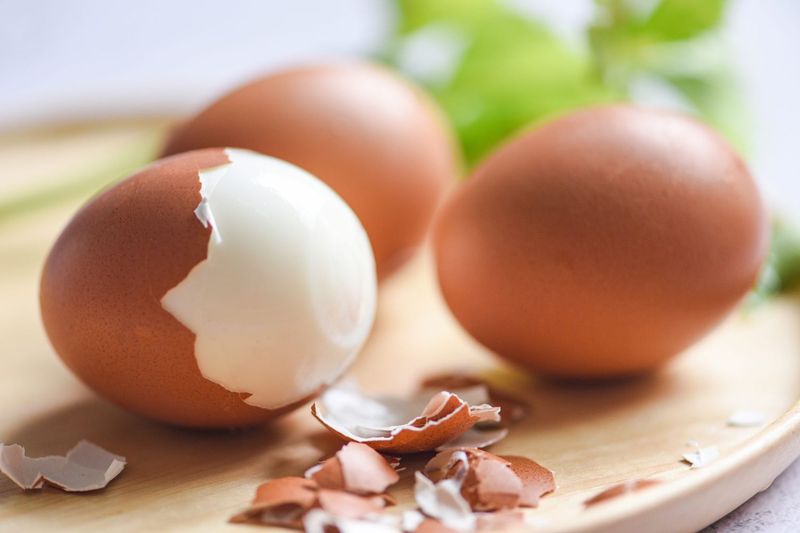
How long can you keep hard-boiled eggs in the fridge? Stored properly, these eggs can last up to seven days. Keeping them unpeeled maintains their freshness longer by protecting them from outside contaminants.
Place them back in their carton or an airtight container for best results. This makes them a convenient snack or meal addition throughout the week.
Remember to mark the boiling date on the container, ensuring you enjoy your eggs at their freshest and avoid any unwanted surprises.
6. Peeling Under Water
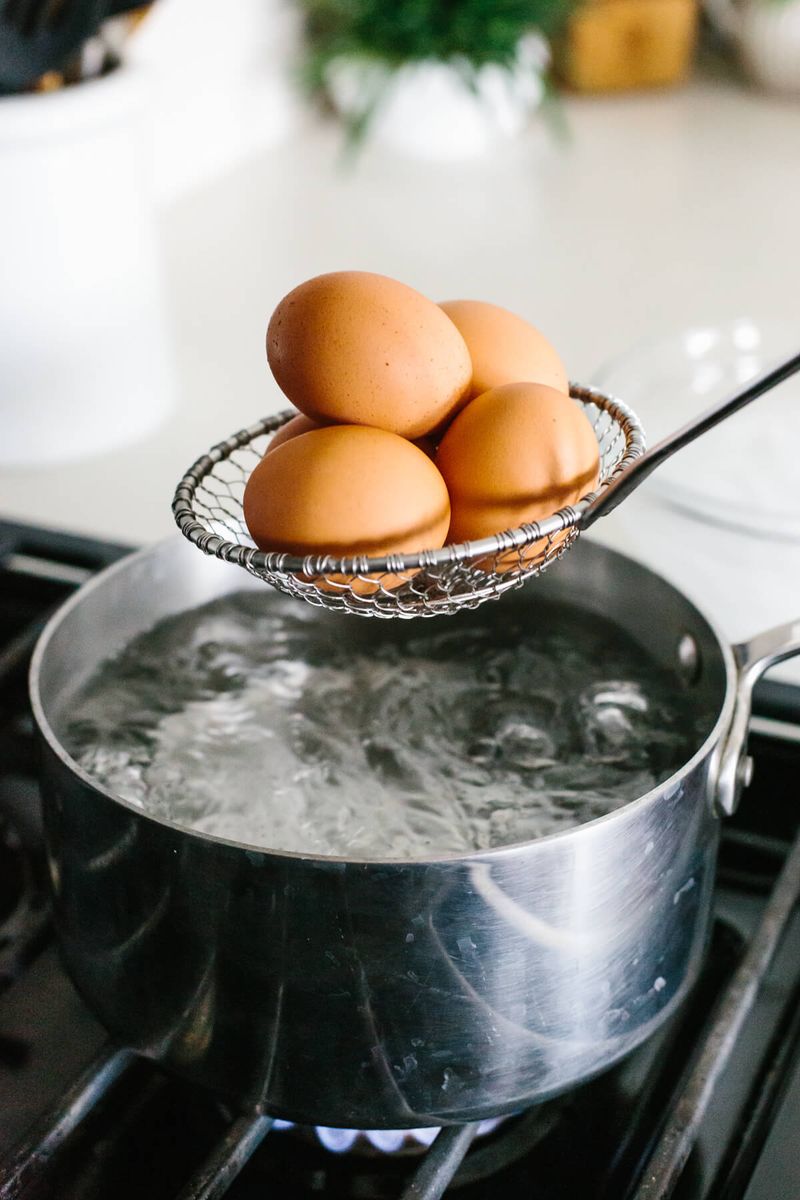
Peeling hard-boiled eggs can be a breeze with the right technique. Submerging eggs in water while peeling can help loosen stubborn shells. The water acts as a lubricant, allowing the shell to slide off more easily.
Running water over the egg or peeling them in a bowl works wonders, especially for those trickier, fresher eggs. This method reduces the chances of tearing the egg white, preserving the egg’s aesthetic appeal.
Next time you face a tricky peel, take it underwater for a smoother experience!
7. Baking Soda Trick
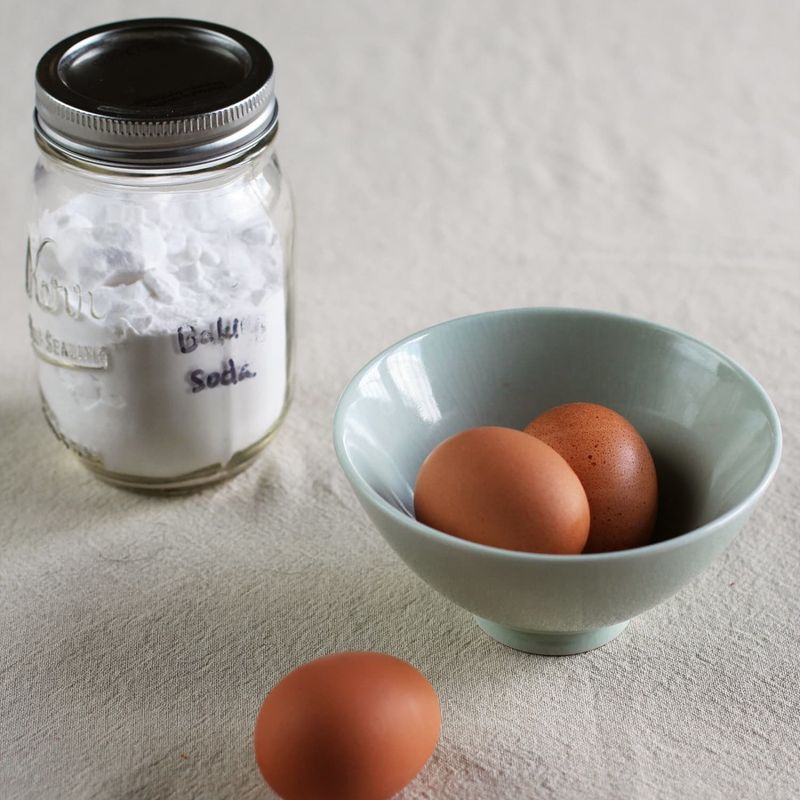
Does adding salt to boiling water help with peeling eggs? Not really, but baking soda might. Adding it to the boiling water raises the pH, aiding in the separation of the shell from the egg white.
This alkaline environment helps break down the bonds, making the shell easier to remove. It’s a simple yet effective method to add to your cooking arsenal.
Try this tip if you’re tired of struggling with peeling, and see how a dash of science can enhance your culinary skills!
8. Ice Water Shocking
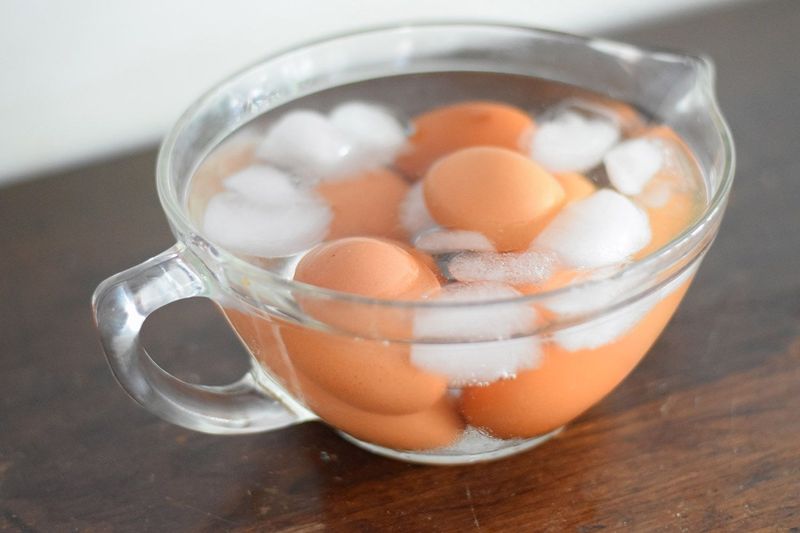
Why shock hard-boiled eggs in ice water? This practice stops the cooking process immediately, preventing overcooking and preserving the egg’s texture.
By rapidly cooling the eggs, the shock also aids in easier peeling by firming up the egg white and pulling it away from the shell. This method is a favorite among chefs for achieving perfect hard-boiled eggs every time.
Incorporate this cooling trick into your egg-boiling routine, and enjoy flawless eggs with less hassle!
9. Low-Calorie Snack
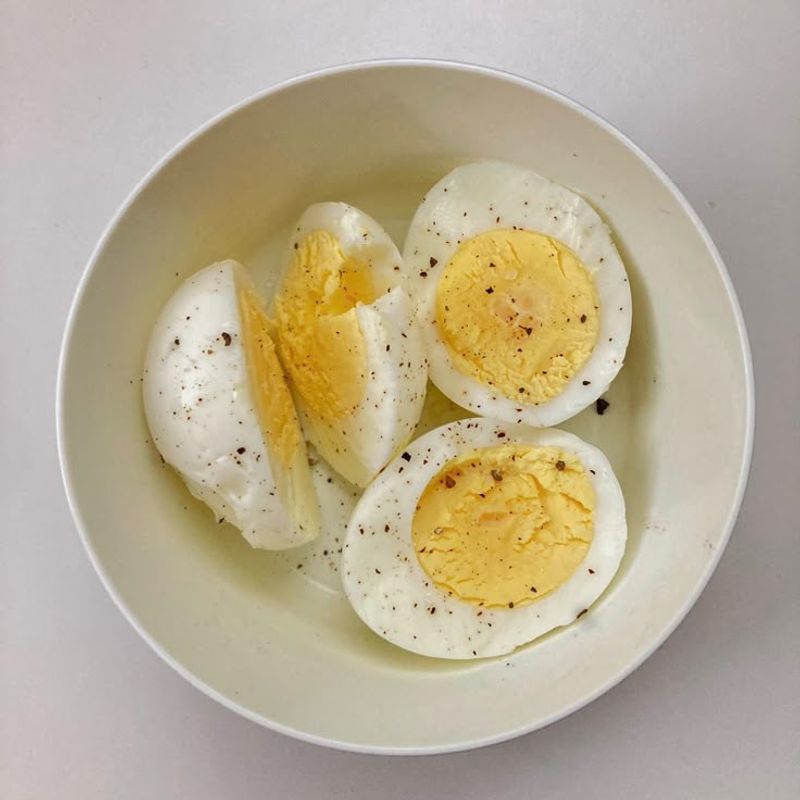
Counting calories but craving a satisfying snack? Look no further than the humble hard-boiled egg. With only about 70–80 calories each, they are a nutritious, filling choice.
High in protein and rich in essential vitamins, they make a great snack or addition to any meal without tipping the calorie scales. Enjoy them plain or sprinkled with a touch of salt and pepper for added flavor.
Appreciate these oval delights for their ability to satisfy hunger while keeping your diet on track.
10. Cholesterol Insights
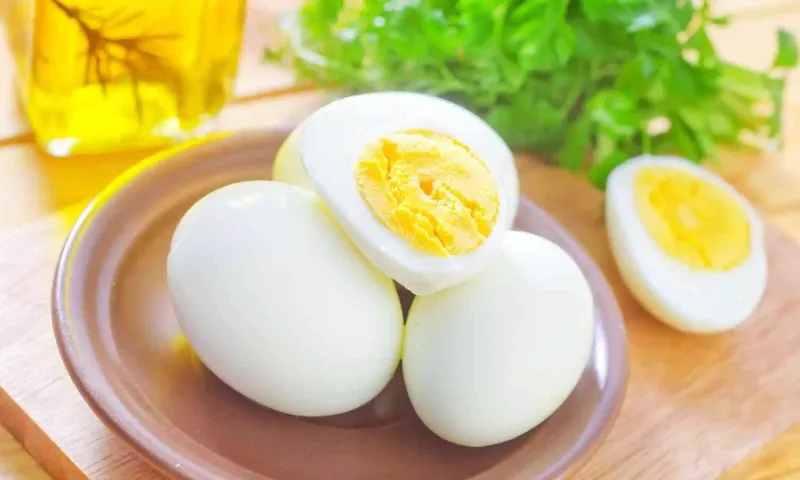
Eggs have been wrongly accused in the past of raising cholesterol levels significantly. However, recent studies show that dietary cholesterol found in hard-boiled eggs doesn’t impact blood cholesterol for most individuals.
Packed with nutrients like choline that support brain health, these eggs offer more benefits than concerns. If you enjoy eggs, feel free to include them as part of a balanced diet.
It’s always wise to consult with a healthcare provider, especially if you have cholesterol concerns, but for many, eggs are a heart-friendly food.
11. Diet-Friendly Option
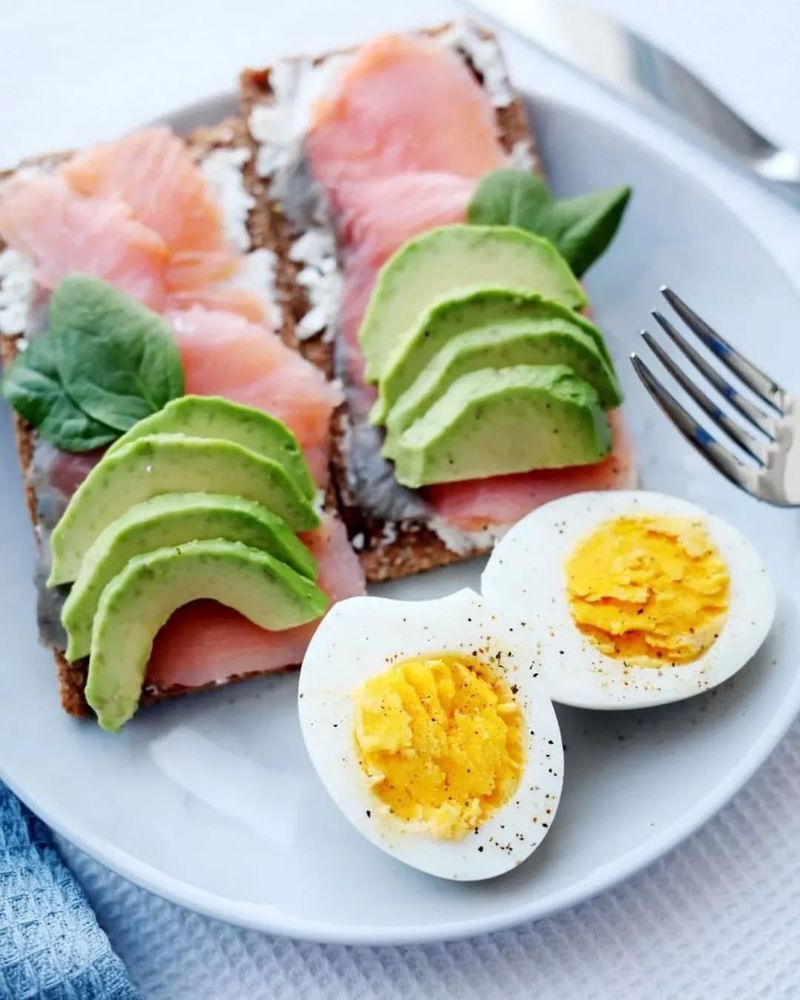
Hard-boiled eggs are a staple in various diets like Keto and Paleo. Their high protein and healthy fat content make them a perfect match for low-carb and whole-food enthusiasts.
They provide a quick, convenient source of energy and nutrients without the carbs. Whether you’re on a weight loss journey or looking to maintain a balanced lifestyle, hard-boiled eggs fit seamlessly into your meal plans.
Embrace their versatility and enjoy them as part of your dietary routine, knowing they support your nutritional goals.
12. Convenient Meal Prep
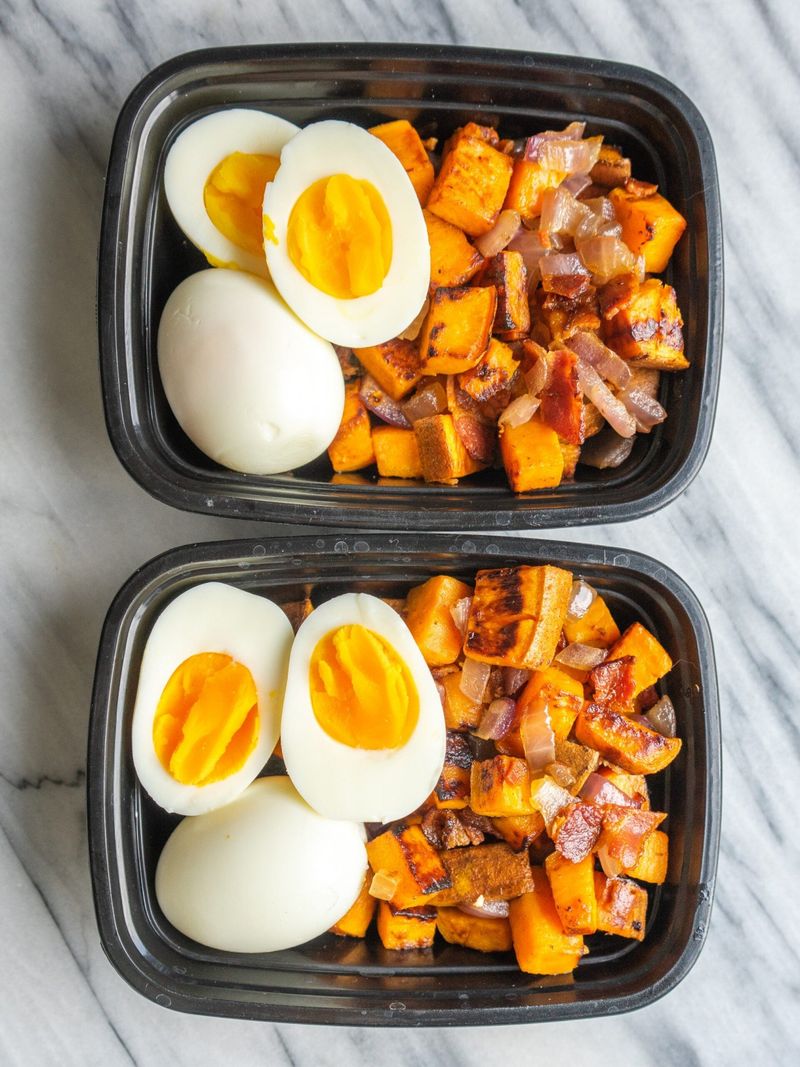
For those who love efficiency in the kitchen, hard-boiled eggs are a meal prep dream! They are easy to batch cook and portion out for the week.
Add them to salads, grain bowls, or sandwiches, or enjoy them as a quick, protein-packed snack. Preparing them in advance means one less task during busy weekdays.
This makes them a perfect component for anyone looking to streamline their meal planning and maintain a healthy eating regimen without hassle.
13. Boiling Time and Texture
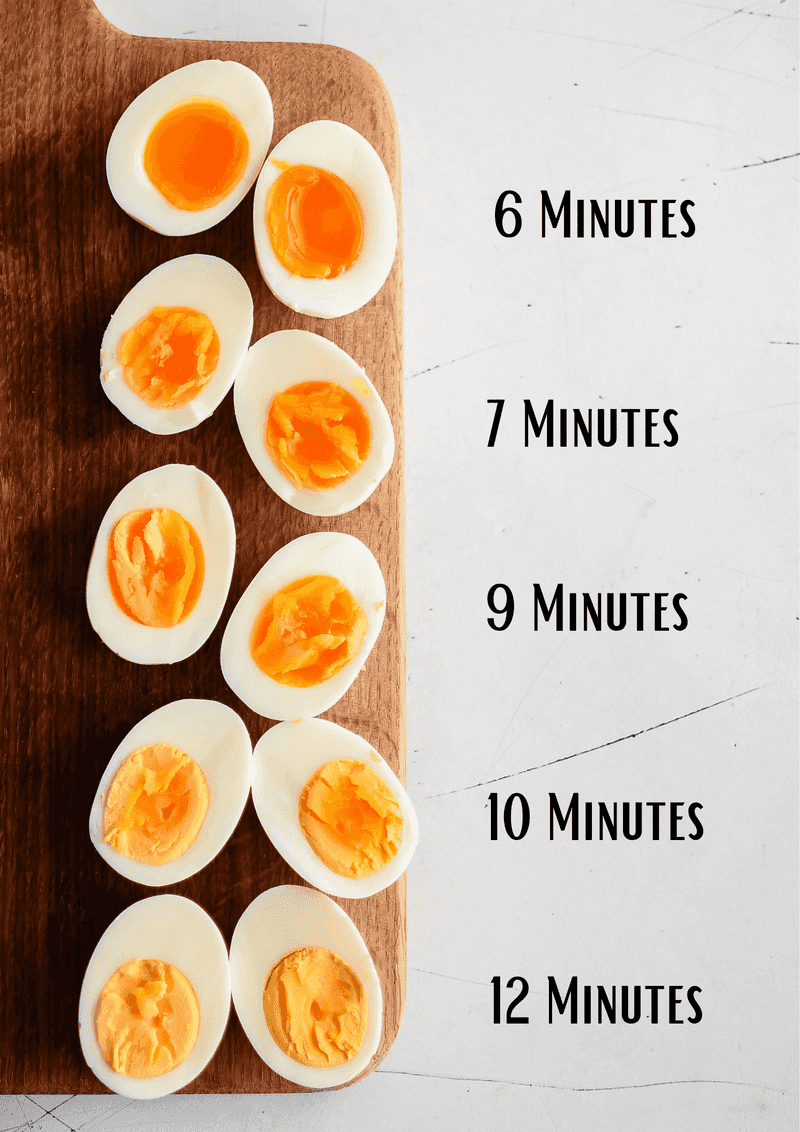
The texture of a hard-boiled egg is all about timing. For a firm yolk, boil your eggs for 9–12 minutes. Prefer them jammy or soft-boiled? Then 6–8 minutes is your sweet spot.
Experimenting with boiling times can help you discover your perfect egg consistency. Whether it’s for breakfast or an egg salad, knowing how to tweak the texture adds an extra layer of control to your cooking.
Take charge of your egg’s destiny with a keen eye on the clock!
14. Steaming vs. Boiling
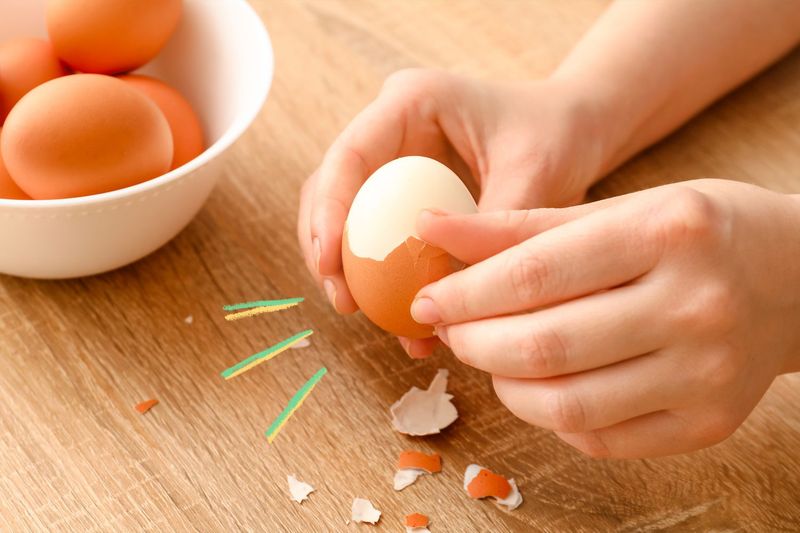
Ever tried steaming your eggs instead of boiling them? Steaming is an alternative method that often makes peeling a breeze. The steam permeates the shell, helping to separate it from the egg white.
This gentle cooking method can also result in a more tender egg white. If boiling isn’t your preferred method, give steaming a try for a change.
You might find it becomes your go-to technique for preparing perfect hard-boiled eggs with minimal effort.
15. Pickled Egg Delight
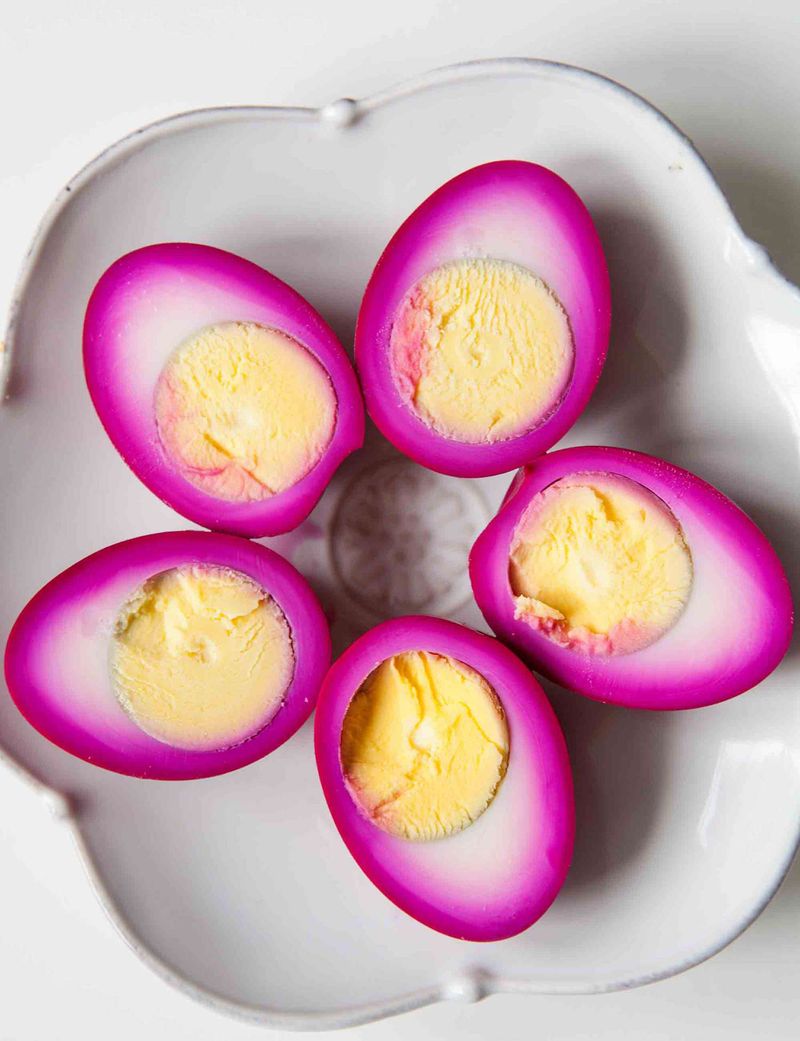
Have you ever tasted a pickled egg? This tangy treat involves soaking hard-boiled eggs in brine with vinegar, spices, and sometimes beets for added color.
The result is a flavorful, unique twist on the traditional hard-boiled egg, perfect for adventurous eaters. Pickling not only enhances the taste but also extends the egg’s shelf life.
Dive into this culinary experiment and add a pop of color and flavor to your egg repertoire.
16. Affordable Superfood
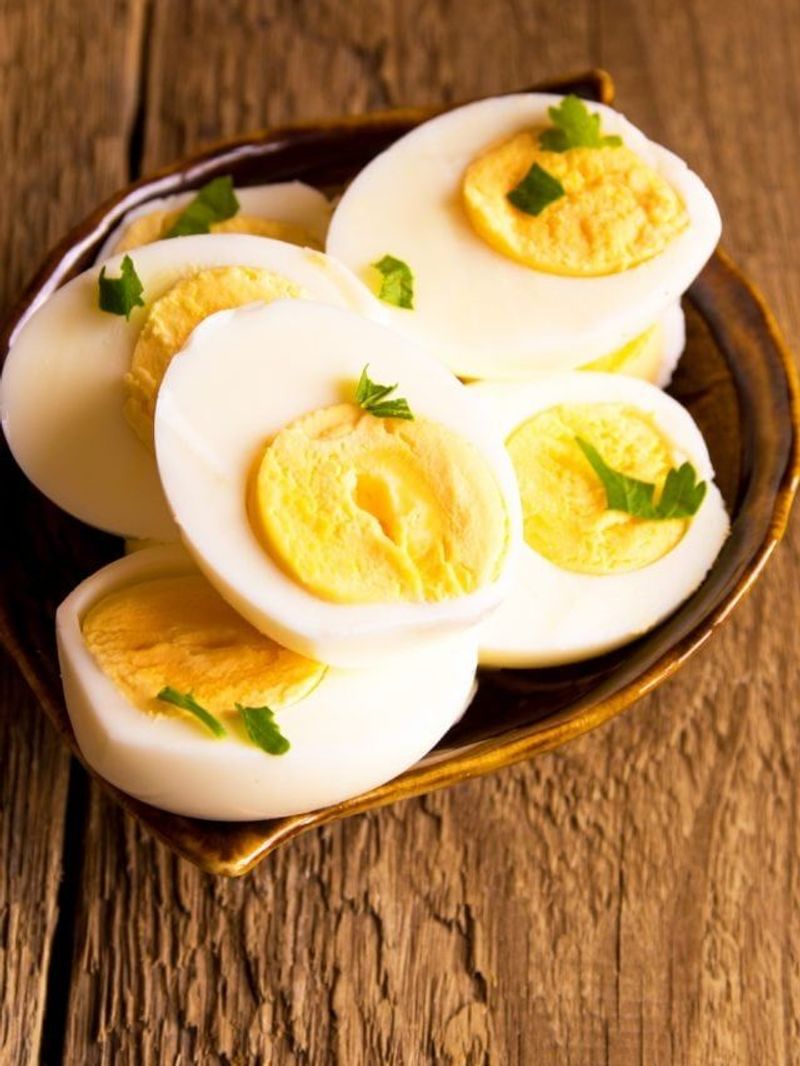
Eggs are often hailed as one of the least expensive superfoods available. High in vital nutrients like choline, vitamin B12, vitamin D, and selenium, they offer exceptional value.
For just a few cents, you get a powerhouse of health benefits. Their affordability makes them accessible to people from all walks of life, ensuring everyone can enjoy their nutritional advantages.
Celebrate this humble, versatile ingredient for its ability to nourish without breaking the bank.
